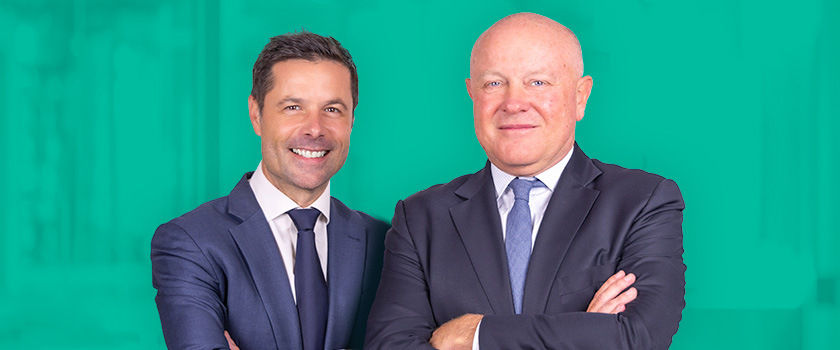March 2020 was difficult time for many investors, as COVID-19 spread across Europe and the US, leading to sharp sell-offs in fixed-income credit markets. While such market turbulence is not to be welcomed, its occurrence can create opportunities.
At the height of the market panic, US investment-grade spreads had widened significantly, much more so than their European or UK peers. In fact, 1–3-year US spreads traded higher than 7–10-year US spreads – a clear sign of market dislocation and capitulation at the short end of the US credit curve. Having already cut interest rates to zero and recommenced purchases of US Treasury bonds and mortgage-backed securities, this prompted the Federal Reserve to agree a plan with the US Treasury on 23 March 2020 to purchase corporate bonds for the first time ever.
The details of the Fed’s corporate bond purchase programme are impressive. They have the ability to buy bonds on both primary and secondary markets, to purchase “Fallen Angels” (issuers that were previously rated investment grade but have subsequently been downgraded to high yield – down to BB-) and to invest in both investment-grade and high-yield ETFs. The Fed’s Chairman, Jerome Powell, has also been very open about his willingness to further tweak the asset-purchase programme if necessary, stating at the April FOMC press conference, “[…] we will continue to use these powers forcefully, proactively, and aggressively until we are confident that we are solidly on the road to recovery.”
Although US investment-grade spreads have fallen, today they remain at levels equivalent to European investment-grade spreads, whereas prior to the current crisis they were below Europe’s. At the same time, Forex hedging costs have decreased substantially.
We believe there is a significant relative value opportunity for EUR- and GBP-based investors to invest in 1–10-year US investment-grade bonds, hedged in EUR and GBP. There are a number of reasons for this. Firstly, the 1–10-year US credit curve is at the sweet spot of the Fed’s corporate bond purchases. The average maturity of the bonds within this part of the credit curve is below five years, in line with the Fed’s programme. Second, the rating on the full European credit curve, the full UK credit curve and the US 1–10-year credit curve is equivalent (at A-). Third, the relative risk, as measured by comparing the credit spread duration, is 20% lower for switching out of European IG and into 1–10-year US credit, and almost 50% lower for switching out of UK IG and into 1–10-year US credit. Last, the total return investors can expect is higher in 1–10-year US corporate bonds after hedging versus the full European credit curve and versus the full UK credit curve.
As the world gets to grips with this virus and the long-term impacts it may have on how we live, work and interact with others, the future is far from certain. Notwithstanding the potential volatility this may bring, it also generates opportunities for pragmatic investors to exploit. We believe switching European and UK investment grade exposure into the 1–10-year US investment-grade segment hedged in EUR and GBP is one such opportunity that should generate excess returns.

Christel Rendu de Lint
Head of Fixed Income

Bernard McGrath
Senior Fixed Income Investment Specialist








